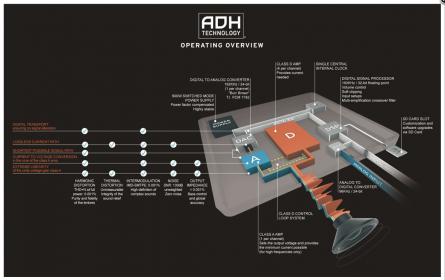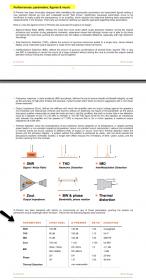Tim, I would claim you, and others, can hear jitter effects and all the other distortion elements I have been talking about. Where and when? Every time you put on a "bad" recording. Your brain says "Yuck, that recording gear was total crap", or "Didn't those engineers have a clue?!". So what's happening? Your ear/brain has to cope with the problems of the quality and style of the recording, AND the fact that your own system is adding subtle, low-level distortion on top of that again -- essentially a variety of IMD, Intermodulation Distortion. Your head says "Enough, get me out of here! I'll put on a decent recording instead". It overloads your auditory system trying to deal with too many levels of distortion and voila, listening fatigue. Thus, a lot of people who have systems that generate the type of distortion I'm talking about to a significant level are stuck, doomed to be only able to enjoy listening to "perfect" recordings.
Where I am coming from is to say one DOES have a choice: continue to accept that one's system keeps injecting this low-level distortion into the sound and only put on recordings which are of "acceptable quality", OR work as hard as one can to eliminate as much of that system generated distortion as possible, meaning that one's ear/brain is then nowhere near as stretched dealing with less than brilliant recordings. And, lo and behold, you can then thoroughly enjoy listening to really, really crappy recordings!
Frank
Where I am coming from is to say one DOES have a choice: continue to accept that one's system keeps injecting this low-level distortion into the sound and only put on recordings which are of "acceptable quality", OR work as hard as one can to eliminate as much of that system generated distortion as possible, meaning that one's ear/brain is then nowhere near as stretched dealing with less than brilliant recordings. And, lo and behold, you can then thoroughly enjoy listening to really, really crappy recordings!
Frank



